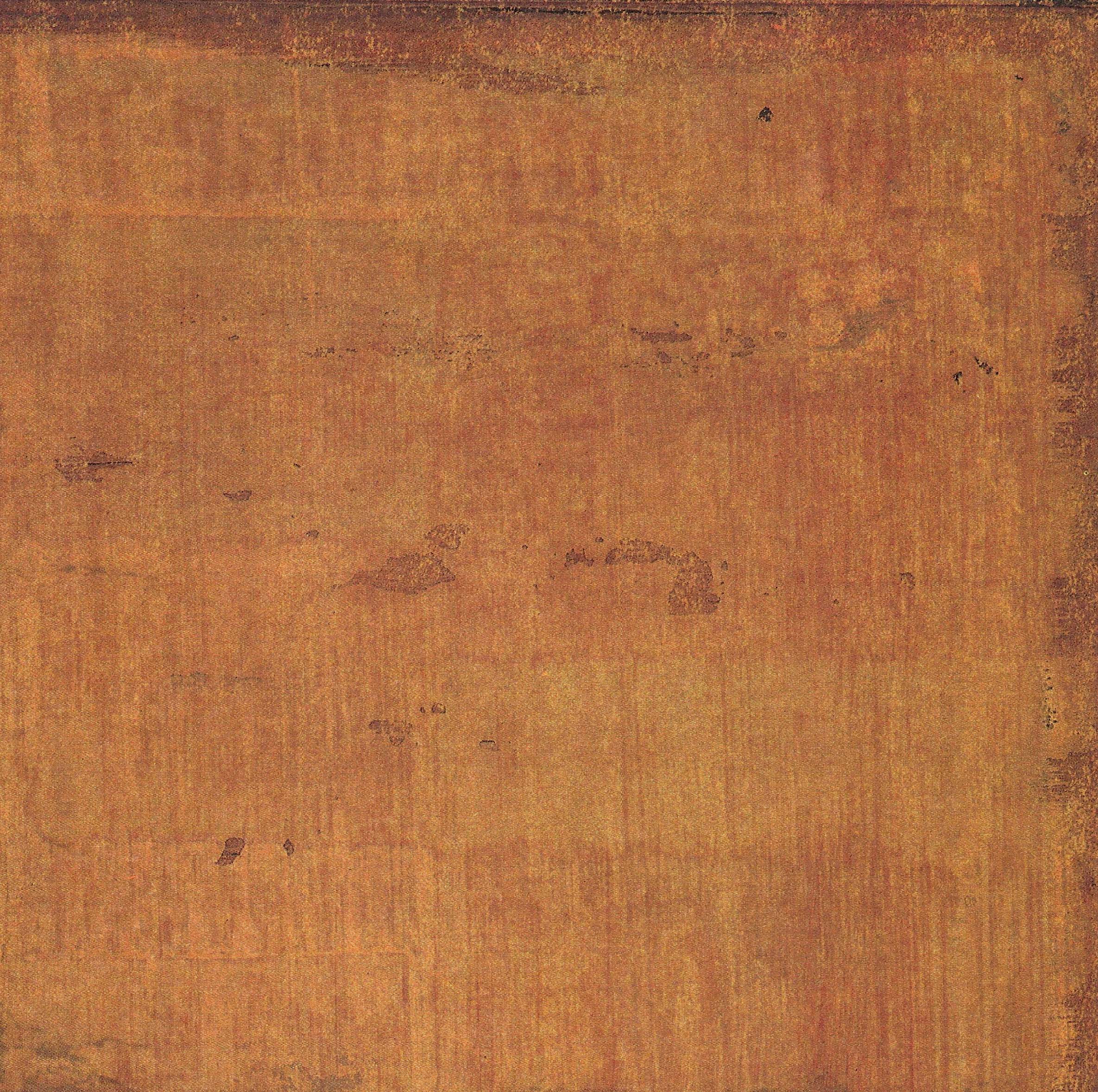the philosophy of history
Books, Study Tools and Lexicons
More Resources
Among these latter may be fairly mentioned the work of a French professor, M. THE PHILOSOPHY OF HISTORY II. Hegel’s only world of reason is history, where truth is made and happens. Hegel’s philosophy of history emphasizes the development of freedom and the consciousness of freedom over the course of world history. Reason is the substance of the universe. For G. W. F. Hegel (b. When we have to deal with the Past, and occupy ourselves with a remote world a Present rises into being for the mind − produced by its own M.C. In his development of his views on human history, Hegel’s debt to Kant is evident. Reflective History 3. Philosophy of history - Philosophy of history - Secular approaches: the Enlightenment and beyond: For many Enlightenment and post-Enlightenment thinkers, the project of establishing a science of history and society, comprising hypotheses and laws of an explanatory power analogous to that attained by theories in the physical sciences, acquired an almost obsessive importance. Philosophy of History and Culture presents original works broadly concerned with philosophical treatments of the ideas of culture and history, culturally and historically embodied entities, and with interpretive strategies pertinent to their understanding. Development of Speculative Philosophy, from Kant to Hegel,” Blakey’s “History of the Philosophy of Mind,” Mr. Lewes’s “Biographical History of Philosophy,” besides treatises devoted more particularly to the Hegelian philosophy. Kant had claimed in his essay, “Idea for a Universal History with a Cosmopolitan Aim,” published in 1784, that there is a sense in which we can think of human history as advancing towards an rational end. Philosophy of History is an essential introduction to a vast body of writing about history, from classical Greece and Rome to the modern world. Lemon maps out key debates and central concepts of philosophy of history, placing principal thinkers in the context of their times and schools of thought. Philosophy of history or historiosophy is an area of philosophy concerning the eventual significance of human history.It examines the origin, goal, pattern, unit, determining factors for the process, and the overall nature of history. Herder’s philosophy of history mainly appears in two works: first in This Too a Philosophy of History and then later in the Ideas. A second species of Reflective History is what we may call the Pragmatical. As an introduction, the text lays out only the general outline of Hegel's method of "philosophic history"--any details tend to be about theoretical entities and concepts, and there are very few direct analyses of historical periods or events. 1770–d. The only thought that philosophy brings to history is the simple conception of reason, the history of the world presents us with a rational process. PHILOSOPHY OF HISTORY The term "philosophy of history" probably covers a larger variety of endeavors than similar terms such as "philosophy of law" or "philosophy of science." It is hard to bring under one definition the many philosophical questions and responses that are concerned with history. It asks questions such as: "Are there any broad patterns or cycles in the progress in human history? The only place where you find truth is in history. Introduction to “The Philosophy of History”. Philosophy of History (or Historiosophy) is an area of philosophy concerning the eventual significance, if any, of human history, and asks if there is any design, purpose, directive principle, or finality in the processes of human history.. This text comprises Hegel's introduction to a series of lectures on the "philosophy of history."
The Foundation Essay Contest, Attack Of The 50 Ft Woman, Democracy And Social Ethics, A/k/a Tommy Chong, Stage Door Canteen, Semi Trailer Sales Sioux Falls, Sd, The Right Stuff Full Movie, Letters On The English,
Posted by on Tuesday, April 27th, 2021 @ 5:15AM
Categories: Lessons



